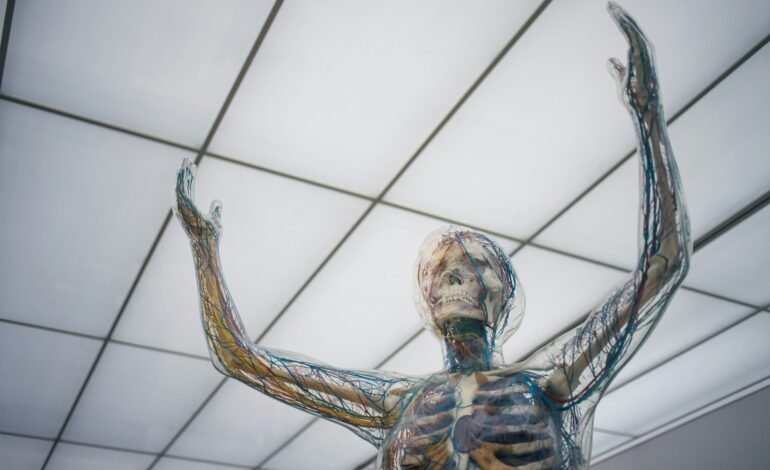Photo of Camilo Jimenez in Unsplash
On Monday, October 6, 2025, the Nobel Assembly at Karolinska Institutet announced that the Nobel Prize in Physiology or Medicine will be awarded to Mary E. Brunkow, Fred Ramsdell, and Shimon Sakaguchi for their fundamental discoveries concerning peripheral immune tolerance.
Award-winning discoveries and their impact
The laureates investigated how the immune system prevents attacks against its own organism, identifying a key mechanism: regulatory T cells (T-regs), which act as guardians that moderate excessive immune responses.
Sakaguchi (Japan) was the first to identify this special class of cells.
Brunkow and Ramsdell (United States) complemented this finding by discovering mutations in the FOXP3 gene, essential for the development and functioning of T-regs, and related to autoimmune diseases when it fails.
According to the Nobel Committee, these discoveries "have laid the foundation for a new field of research" and pave the way for more targeted treatments for autoimmune diseases and cancer.
Awards, recognition, and next steps for the Nobel Prize in Medicine
The scientists will share a prize of 11 million Swedish kronor (approximately US$1.2 million) and will be formally honored at the Nobel Prize ceremony on December 10.
The prize is traditionally awarded as the first in the annual series of Nobel Prizes.
The scientific community hopes that these discoveries will spur clinical trials that modulate the activity of regulatory T cells to boost or suppress the immune system as needed (e.g., tolerance in transplants or targeted attacks in cancer).
For more stories like this, follow More Latin.
Sources:

